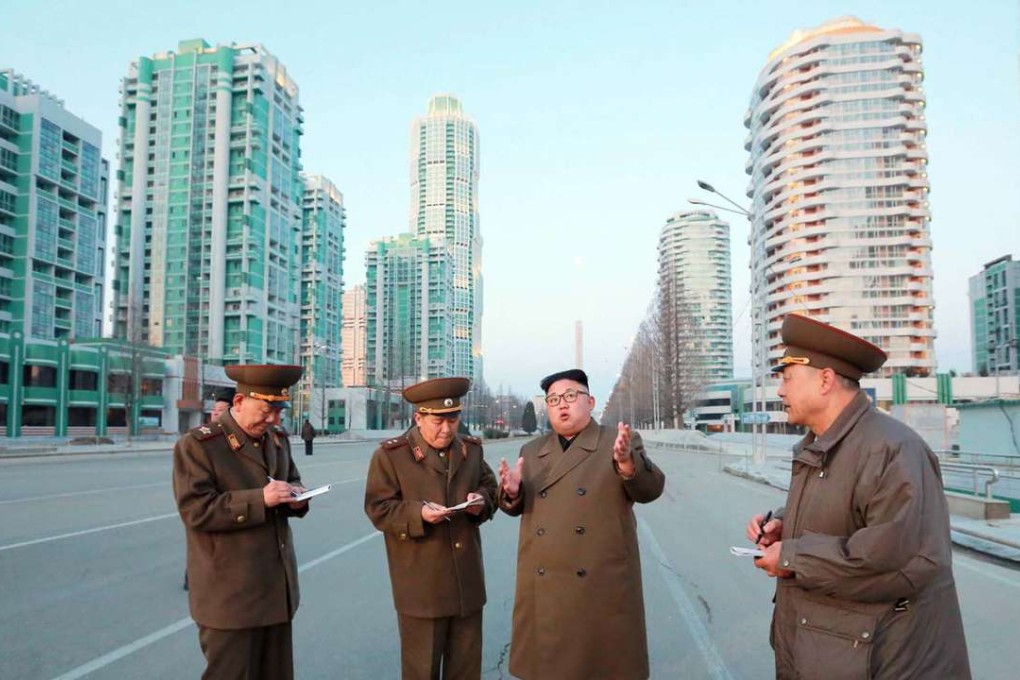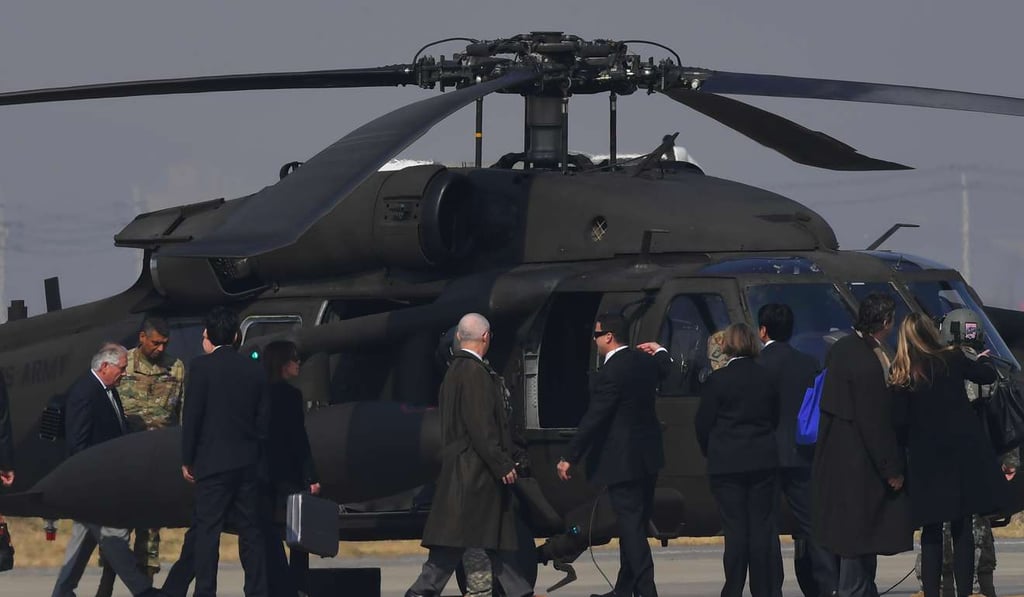Abacus | The real reason China won’t exert economic pressure on North Korea
US Secretary of State Rex Tillerson thinks that if only he can enlist Beijing’s support, sanctions will compel Kim Jong-un to give up his nuclear arsenal – here’s why he’s wrong

Speaking on Thursday ahead of his first trip to Beijing, US Secretary of State Rex Tillerson acknowledged that Washington’s policy towards North Korea had failed.
That’s putting it mildly. After more than 20 years of US efforts aimed at halting Pyongyang’s nuclear weapons programme, the North Korean regime is closer than ever to developing a credible strike capability. This month, it fired four medium-range missiles into the Sea of Japan in an exercise apparently aimed at demonstrating its targeting ability.

This approach is no more likely to succeed now than at any other time since the mid-1990s, when Kim’s father first began launching missiles in the direction of Japan.
In North Korea’s game of chicken with Malaysia over ‘hostages’, who will blink first?
Firstly, it is doubtful how much diplomatic influence Beijing really wields in Pyongyang. Certainly North Korea is not the obedient client state of China that US President Donald Trump’s campaign statements allege. Kim has yet to make an official visit as North Korea’s leader to Beijing, and has never met China’s President Xi Jinping (習近平).
